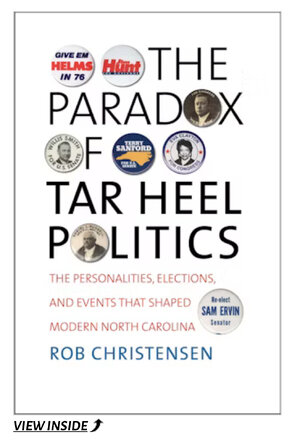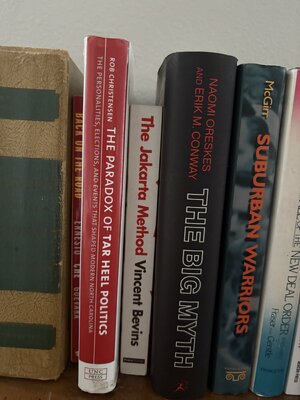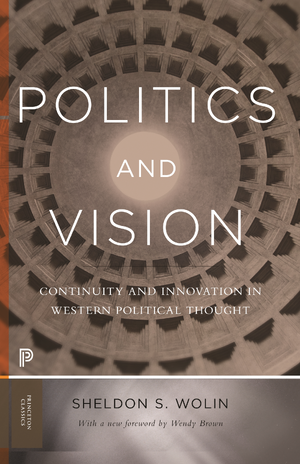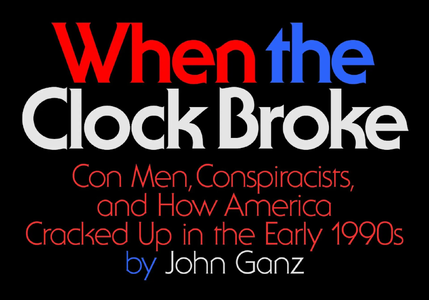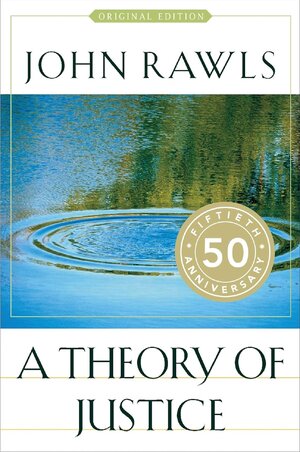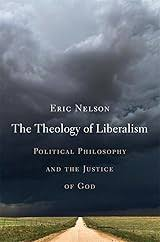Paine
Iconic Member
- Messages
- 2,216
Haven’t seen a specific thread for this yet. Been doing a lot of reading so far in the new year, and I anticipate that will continue. I try to break things up with fiction but always find myself reading much more non-fiction, even if it’s hazardous for my mental health.
I’m currently in the middle of The Hollow Parties by Daniel Schlozman and Sam Rosenfeld. Nothing ground breaking so far, but it’s a pretty useful lens for understanding the modern American “political parties.” Unsurprisingly, their thesis centers around how modern American political parties have become little more than hollow shells of what they could and should be.

 press.princeton.edu
press.princeton.edu
Feel free to drop your own political book recommendations here along with a quick description of its content.
I’m currently in the middle of The Hollow Parties by Daniel Schlozman and Sam Rosenfeld. Nothing ground breaking so far, but it’s a pretty useful lens for understanding the modern American “political parties.” Unsurprisingly, their thesis centers around how modern American political parties have become little more than hollow shells of what they could and should be.

The Hollow Parties
A major history from the Founding to our embittered present that “explains the void” (Politico) at the center of America’s political partiesFeatured on The Ezra Klein Show and The Weekly Show with Jon Stewart
Feel free to drop your own political book recommendations here along with a quick description of its content.
Last edited:

